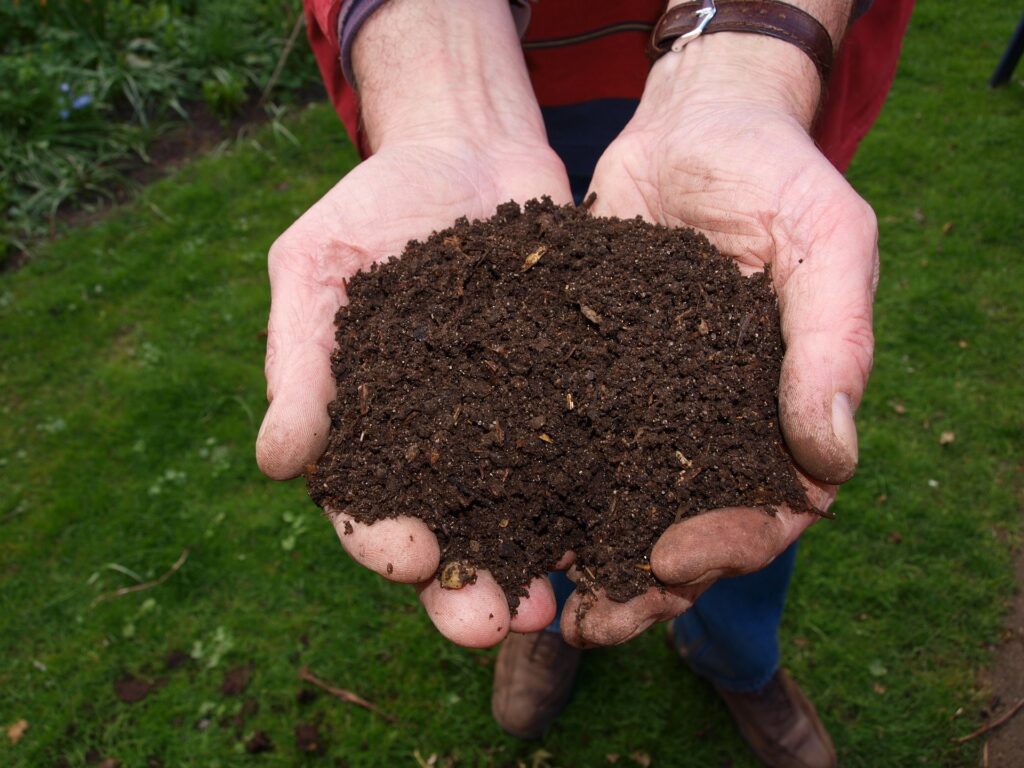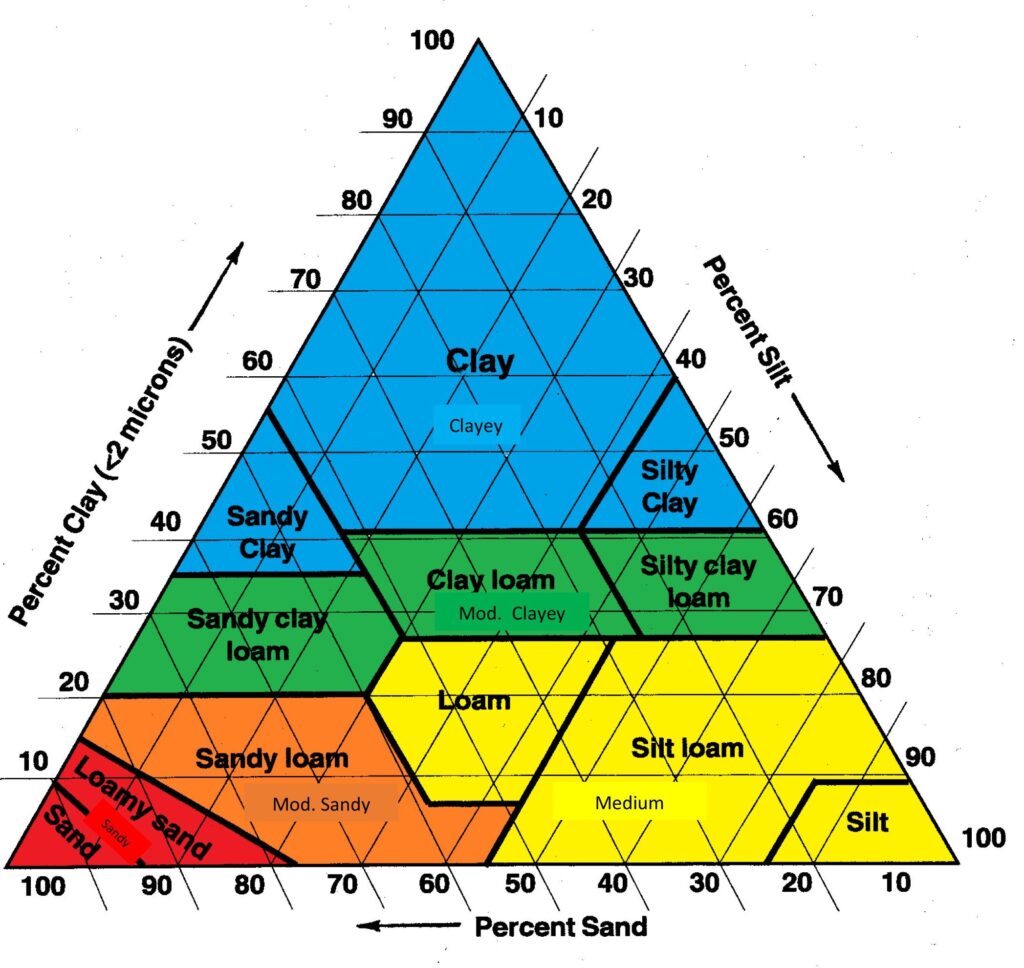From the Hort Desk
- 2024-09-07
- By Martha Kirk
- Posted in Horticulture, The Garden Buzz
By Lisa Mason, CSU Extension Horticulture Specialist
Jump Start Next Year’s Gardening Season with a Soil Test

Whether you are a new gardener or seasoned gardener in Colorado, understanding the soil will help you be more successful at growing plants in your landscape and meeting your specific gardening goals. Different plants have different soil needs. For instance, vegetable gardening often requires organic matter amendments and specific nutrients, whereas native plant gardening may be more successful in unamended soils.
Colorado’s soil can often be clay, alkaline (high pH), and have low organic matter creating challenging gardening conditions compared to many other areas of the United States. Surprisingly though, soils across Colorado vary in texture, tilth, nutrients, pH, and more, depending on the landscape.
Soil tests can be a great way to understand the soil in your landscape. In addition to learning more about your soil, the test results will also include recommendations to improve the soil.
Why soil test in the fall? The soil testing lab at Colorado State University may not be as busy as it is in the spring and summer. For many gardeners, a soil test in the fall is a planning tool for the next gardening season.
If your soil is deficient in organic matter, fall is a good time to add it to the soil. This allows time for microorganisms and earthworms to break it down into a form that plants can use before the spring gardening season starts, and gives the soil better tilth and nutritive value. Up to 25% by volume of organic matter can be added, which translates to 2” of compost mixed to a depth of 8”, or 1” to a depth of 4”.

To get a soil test, consider the following labs:
- CSU’s Soil Testing Lab: https://agsci.colostate.edu/soiltestinglab/
- Ward Lab: https://www.wardlab.com/
- Weld Lab: https://weldlabs.com/
To learn more about soil and soil testing, check out the following resources:
- Soil tests: https://cmg.extension.colostate.edu/Gardennotes/221.pdf
- Fact sheets and other online publications on soil, amendments, and fertilizers: https://cmg.extension.colostate.edu/gardening-resources/online-garden-publications/soils-fertilizers-and-soil-amendments-2/
If you have questions or would like help interpreting the results of your soil test, contact the CSU Extension office in Arapahoe County at 303-730-1920 or email the Master Gardener Help Desk at MasterGardener@arapahoegov.com.

